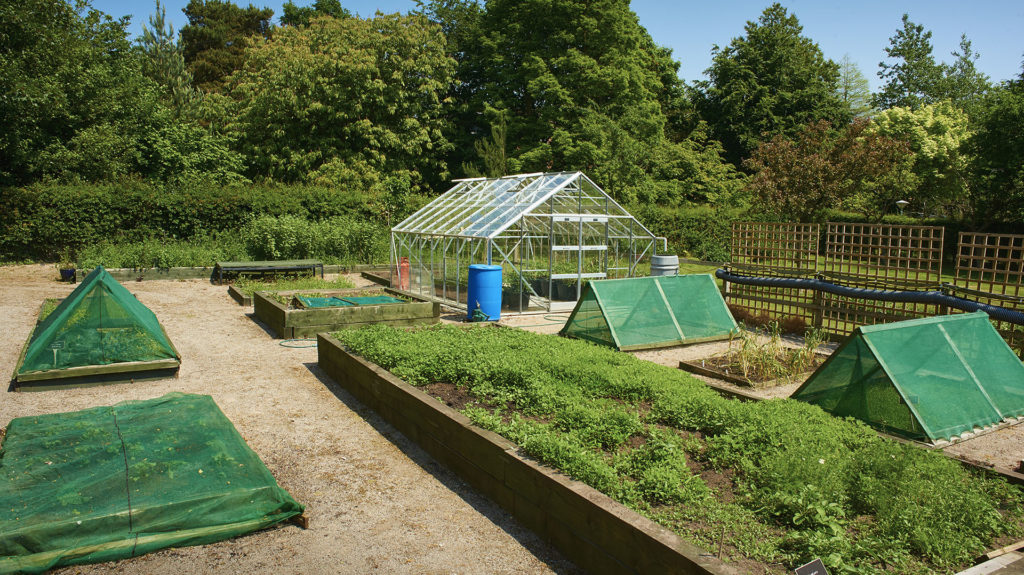The Climate Crisis: think global, act local
The brief
We would like you – schools, colleges, independent student filmmakers – to think about the climate crisis, and specifically initiatives local to you designed to address the global issues we face in 2022.
Could you produce a 2-minute video around this theme, highlighting and celebrating local activity/activities, or the work of your branch of an environmental campaign group?
To help you plan and execute your idea, here are a few pointers to focus your approach:
- Find a local community group or environmental campaign group, anyone that’s doing something for the environment at a local level. This could be a local cycle club, a walking group, a group of gardeners, litter pickers, Friends of the Earth, anything, really. Every area will be active in its own unique way.
- If you’re new to the group, introduce yourself, get to know them, spend some time with them. Let them know you’d like to tell their story, and would like to make a short film about them. You’ll need their consent to film, and you can only get that if you’re honest from the beginning.
- You’ll need to structure your film. Plan your film. Film them on a day when they are doing something. For example, going on a local cycle ride, maintaining high street planters, or litter-picking.
- Include interviews with the people involved, asking them about what they’re doing, and why they’re doing it. How are they helping to tackle climate change?
- Finally, it’s worth reiterating that you’ll need to get the consent of the people you’re filming. Ideally, this is a signature on a paper that says something along the lines: of ‘I consent to being filmed and my image and voice to be used for the production of a short documentary, provisionally entitled….’ Make sure it’s also dated. We have a generic consent form you can adapt for your purposes.
- Once you’ve filmed and edited your 2-minute video, submit to our Vevox box.
- Deadline: 15 June 2023


Dr Elke Weissmann, Reader in Film and TV and organiser of the Critical Awards in TV (CATs), has put together a series of videos (below) to help you get your project off the ground.
- Video 1: Getting started
- Video 2: Interview techniques
- Video 3: Editing techniques
Video 1: Getting started
- Find something you’re interested in – if you care, it’ll show in your film
- Do your research: what interest groups are there in your area
- Talk to people: find out why they’re involved, what they hope to achieve, how they put their ideals into practice
- Be upfront from the start: groups will appreciate honesty from the start, and generally will likely be happy to be documented, as it will help to spread their message
- Choose an event – this will help to showcase the cause
- Find out the details – what, where, when (so you capture everything), who (for interviews), why
Video 2: How to interview
- Who should you interview?
- Interview tips
Video 3: How to edit
- Review footage. Look for common themes and priority messaging.
- What is the story?
- it could be obvious, or it could emerge…and it could be different to the one you were expecting to tell.
- Stories – and especially documentaries – don’t always have an obvious beginning, middle and end
- What is the story?
- Technical considerations – editing software, matching narrative and footage
- More footage needed?
- Finally, don’t be afraid to try new things, but also don’t be afraid to keep things simple
